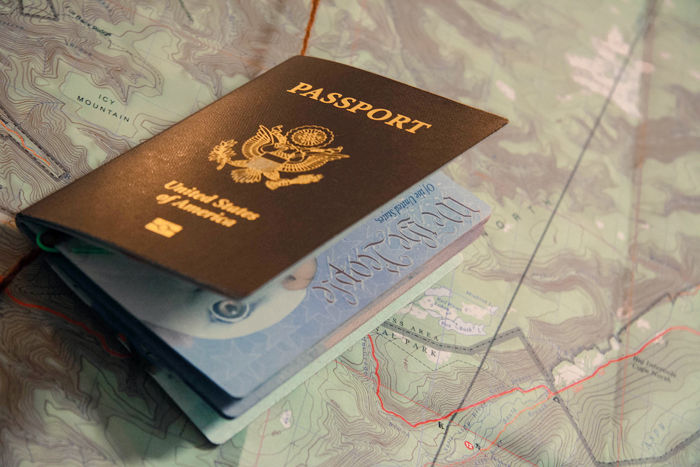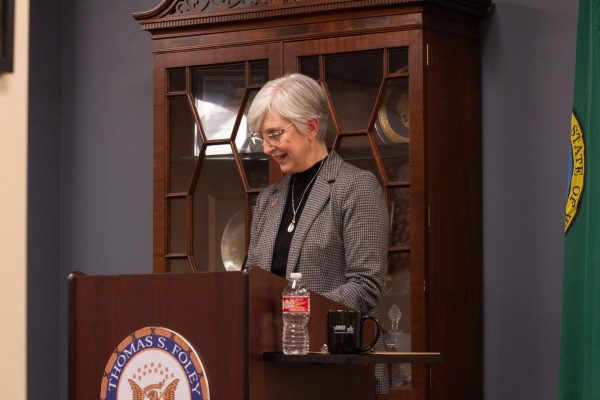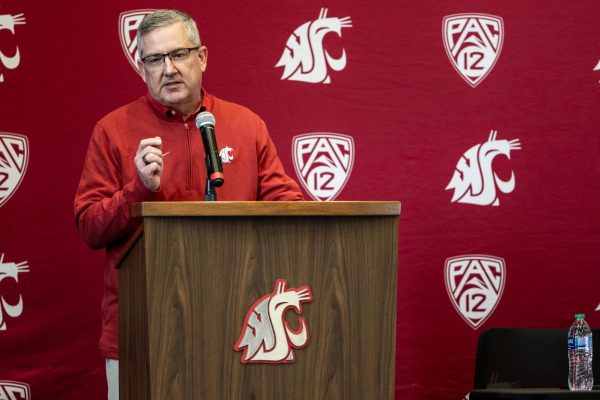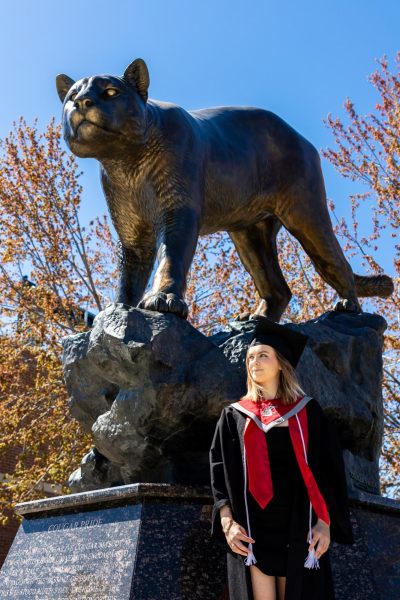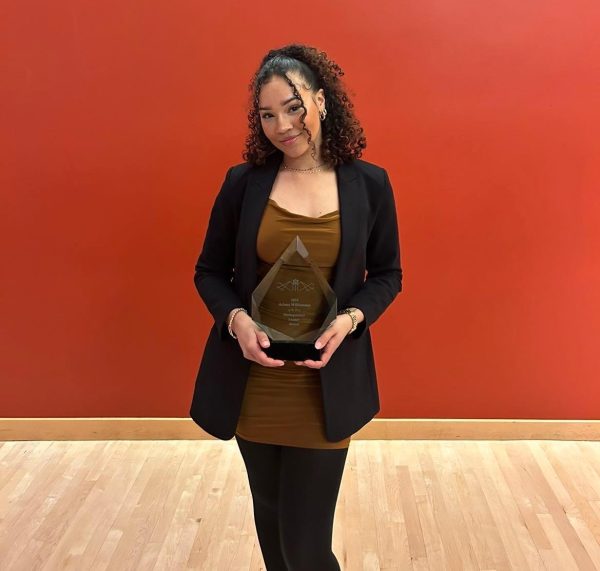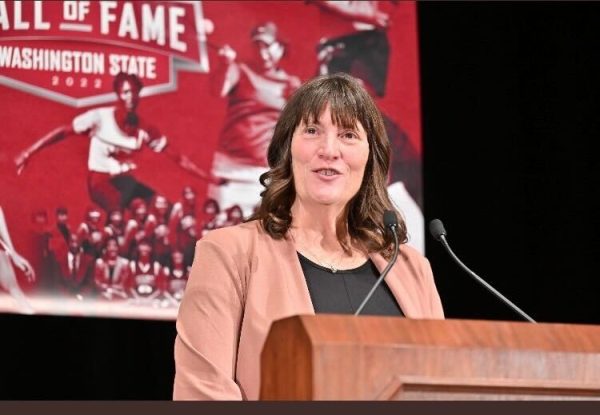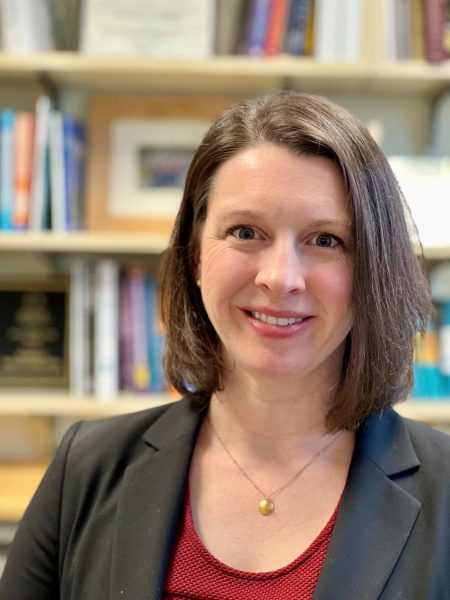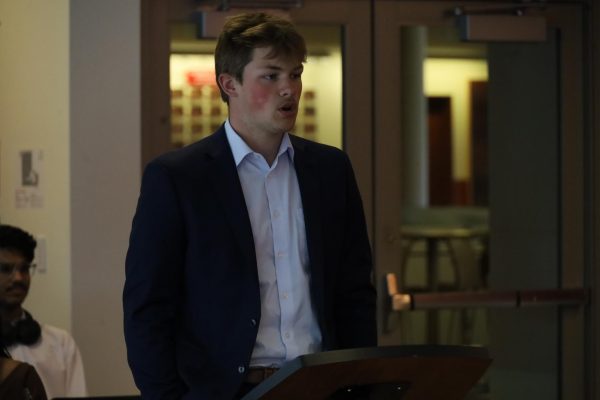International graduate students encounter struggles going in and out of nation
October 27, 2015
Higher education can become more complicated to achieve when traveling abroad, especially for international graduate students.
Washington State University Graduate and Professional Student Association’s (GPSA) President Melanie Thornton and GPSA Director of Legislative Affairs Kathryn Harris went to Washington D.C. last month to discuss the travel problems international students face with Washington State senators and representatives.
“The main focus of it is to advocate on a federal level for graduate students,” Harris said.
Some international students run into trouble returning to the U.S. after visiting their home country or traveling abroad elsewhere. These complications involve F1 visas, assigned to those attending an academic or English language program in the U.S. from another country.
These visas are good for five years, Harris said.
“As long as you keep making academic progress and you are staying in the country, it is fine,” she said.
However, those who travel internationally usually must renew their visas in their home country before returning to the U.S. These renewals are financially demanding, time consuming and academically risky.
“That’s very very expensive for them; they often miss two to three months of work while they are just sitting at home waiting for the United States Government to process the visa,” Harris said.
Harris and Thornton advocated for domestic revalidation while in D.C. This would allow students traveling internationally to go through the revalidation process while they are in the U.S.
Not every international student runs into these problems, Harris said; the visa process differs from country to country.
Our positive or negative relationships with other countries seem to play a significant role in the overall difficulty of the validation and revalidation processes, Harris said.
“We hear stories pretty often of students having a problem with this,” she said. “It doesn’t seem to be even between students of all nationalities.”
Some graduate students, such as Ghazi Bari who is attending WSU from Bangladesh, have had an overall easy time obtaining and renewing their visas. When reapplying last year, Bari waited the standard three weeks.
Others have had less pleasant experiences.
Bari knows of friends from Bangladesh who have faced difficulties in the past, such as a former roommate who waited three months to obtain their visa.
WSU graduate student Tania Elena Perez Jimenez, a Colombia native, had her H1 visa (similar to a working permit) when first visiting the U.S.
Jimenez decided to obtain an F1 visa when the opportunity to complete her Ph.D. at WSU came up, after attending the school for more than two-and-a-half years.
She contacted government officials who work with international students, who told her everything can be taken cared of while she is in the U.S.
Due to a family emergency, Jimenez needed to return to Colombia quickly and contacted international program officials in addition to the U.S. Embassy before returning home.
Despite being told that everything was in order from both parties, Jimenez was not allowed to return to the U.S. from Colombia because the information Jimenez was given by the U.S. Embassy did not satisfy Colombia’s customs.
Jimenez had to go through the entire validation process again in Colombia, repaying all fees with no refund.
“I was stuck for about three weeks,” she said. “Fortunately it was in the summer, I wasn’t taking any courses. Still I was doing my grad work, which I lost about five weeks of doing stuff in my lab because of what happened to me.”
A WSU Ph.D. student from Iran, whose visa had expired, traveled home for his father’s funeral and was not able to obtain another in time, Harris said. The student dropped out of the following semester as a result.
“I think there should be some sort of unified process,” Jimenez said.
The problem with the current validation process is that there is no consistency, Jimenez said. Though her F1 visa is valid for five years, there is no way to tell if or when Jimenez will be asked to go through the entire revalidation process again before it expires.
While students have had difficulty returning to the U.S., some students are able to stay in the U.S. even if their visa expires as long as they have a valid I-20. The I-20 is proof that you are attending a specific university for a specific degree, Bari said.
Harris said that a bill has already been drafted regarding the specifics of domestic re-validation, and will hopefully be presented to the House of Representatives within the next few months.
“That would save people a lot of time, a lot of money and a lot of grief,” Jimenez said. “You come here, you leave your families, you spend a lot of money and time and do a lot of workship, and you can’t finish it? I find that really heartbreaking.”

